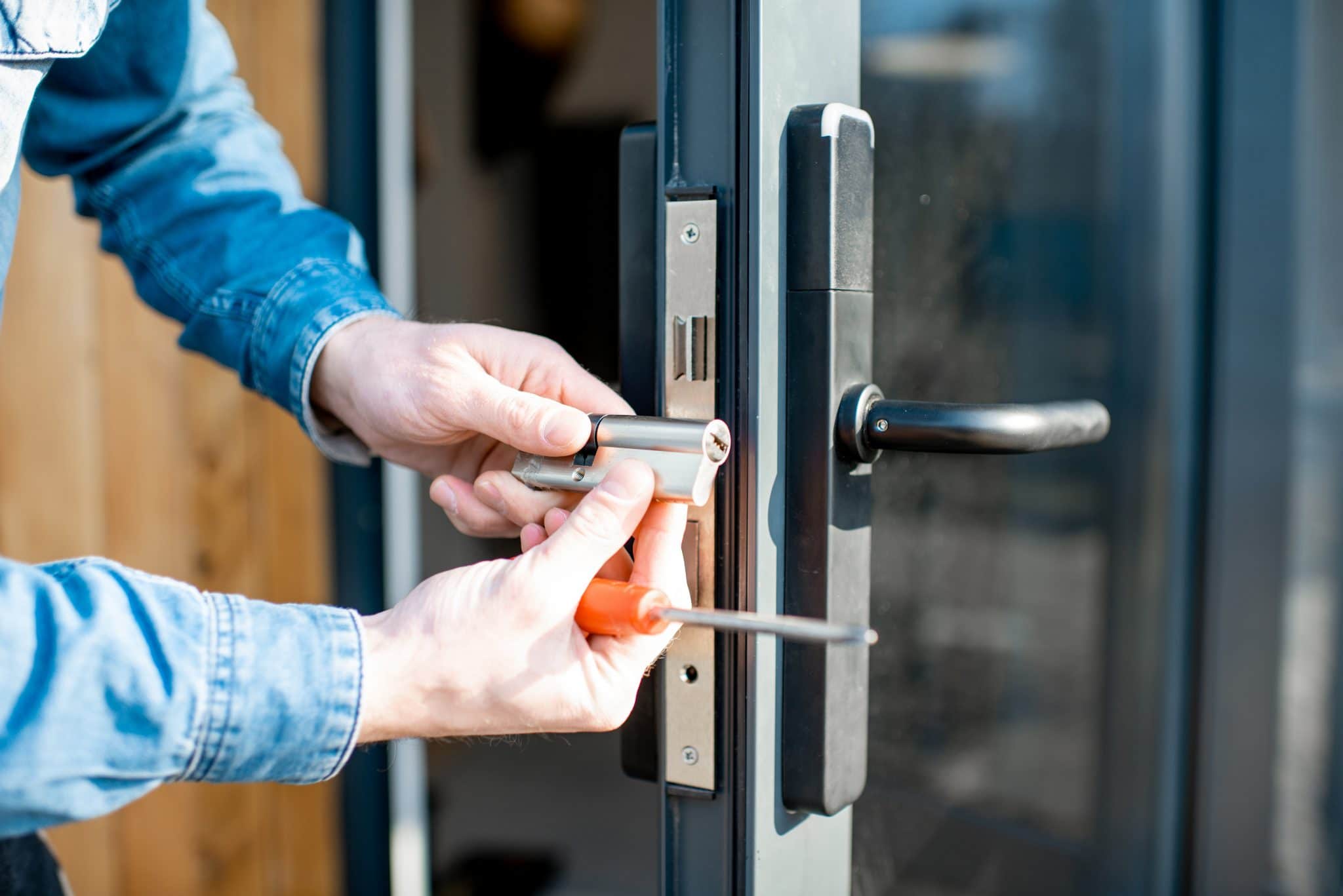Table of Contents
A technological revolution is required in jails to stamp out drugs and violence, Dominic Raab has said, as he announced every men’s prison has been equipped with X-ray body scanners to combat smuggling.
In an article for The Telegraph, the new Justice Secretary disclosed that the scanners had already uncovered 10,000 attempts by criminals to smuggle in drugs, weapons and phones inside their bodies.
The scanners – installed in all 73 male closed jails in England and Wales – are detecting illegal items that would not otherwise have been found at a rate of nearly 30 a day.
Offenders swallow or insert custom-made plastic phones the size of lipstick cases into their bodies to evade metal detector checks, as well as drugs to foil sniffer dogs.
However, hundreds are now being foiled by the bespoke new X-ray machines, which generate instant high-resolution images to expose objects as small as a SIM card or wrap of drugs.
‘Game-changer’
Mr Raab said the cutting-edge technology was a “game-changer” that would provide “an extra layer of protection against a new generation of threats”. In one case, a prisoner was caught with 50 wraps of crack cocaine in their bowel, with a prison value of up to £4,000.
“Each seizure keeps our prison estate and staff safer, so it can be used to rehabilitate offenders. It also has a powerful effect on inmates and visitors,” he said.
“With the increased certainty of being caught and punished, they are less likely to attempt to smuggle contraband in – and, in turn, that renders them less vulnerable to blackmail and threats from the predatory gangs on the outside.”
The scanners – part of a £100 million investment in security measures – have picked up knives wrapped in tape, Spice sachets, morphine tablets, mobile phones, SIM cards, phone chargers and tobacco, where a £10 packet can be worth £100 inside prison.
Metal detecting arches, already installed at 35 prisons, are set to be expanded along with phone blocking technology and phone detection equipment, where staff use “heat” maps to pinpoint cells where inmates are using illegal mobiles.
Mr Raab has also committed a portion of a £19 million innovation fund to develop drug tags, where an offender could be regularly tested in situ to ensure they remained clean on release from prison.
He announced last week a doubling to 25,000 in the number of criminals being fitted with GPS tags to track their movements or sobriety tags to prevent them returning to drink.
He said the measures were designed to protect the public and boost the chances of rehabilitation by making prisons safer and reducing reoffending, which is estimated to cost the economy and society £18billion.
Calls for ‘blanket approach’
Mark Fairhurst, chairman of the Prison Officers’ Association (POA), said the scanners were “the most beneficial technology that has ever been introduced into our prisons”.
However, he urged ministers to make it a blanket requirement that all prisoners, staff and visitors should be scanned before entering jails.
Under current rules, prisoners are only scanned where there is intelligence or evidence that they may have hidden contraband in their bodies because of health and human rights concerns over radiation from the equipment.
Criminals released from prison but who return after breaching their licence – sometimes deliberately – are often the most likely smugglers attempting to bring illegal items inside their bodies.
“They [the scanners] are used on suspicion only. We would like a blanket approach so that we can be certain there is nothing coming in,” said Mr Fairhurst.
‘Technology is making our prisons safer’
By Dominic Raab, Deputy Prime Minister and Justice Secretary
This week, I visited HMP High Down – on my first prison visit as Justice Secretary – to see first-hand two initiatives that hold the key to delivering game-changing improvements for offenders – to cut re-offending, and protect the public.
First, at High Down under their brilliant Governor Jo Simms, they are deploying the latest cutting-edge technology to provide an extra layer of protection against a new generation of threats.
The latest technology is X-ray body scanners to stop drugs, weapons and mobile phones from entering the prison. Since it was installed in October 2020, their new scanner has stopped 100 smuggling attempts in that prison alone.
Like 72 other closed male prisons across England and Wales, HMP High Down has benefitted from this Government’s £100million investment in prison security measures.





More Stories
What are the roles of civil engineers in construction projects?
A Developer’s Dream: Achieving Full Stack Mastery with Logicmojo
Top 5 Benefits of Working with a Professional Locksmith